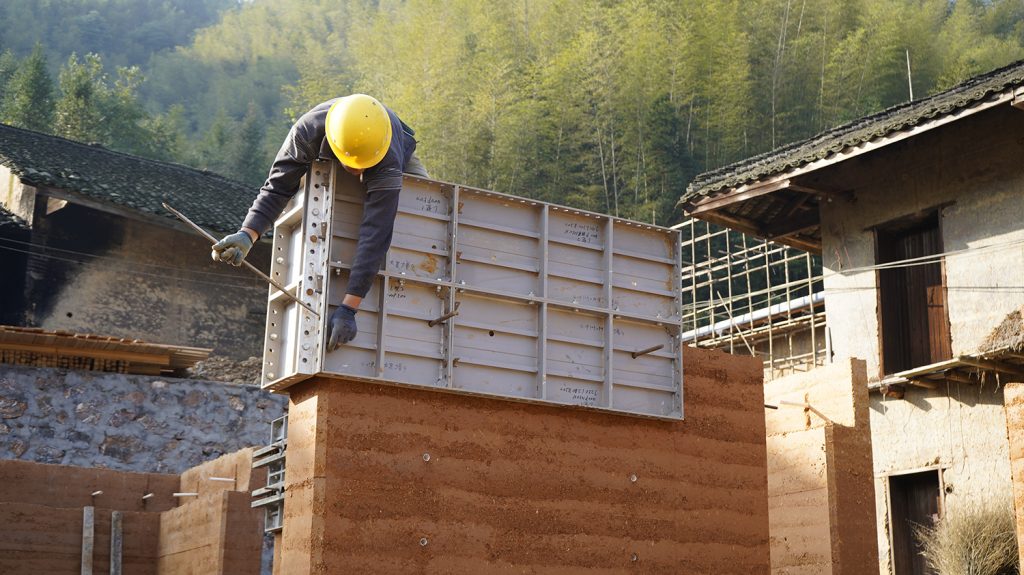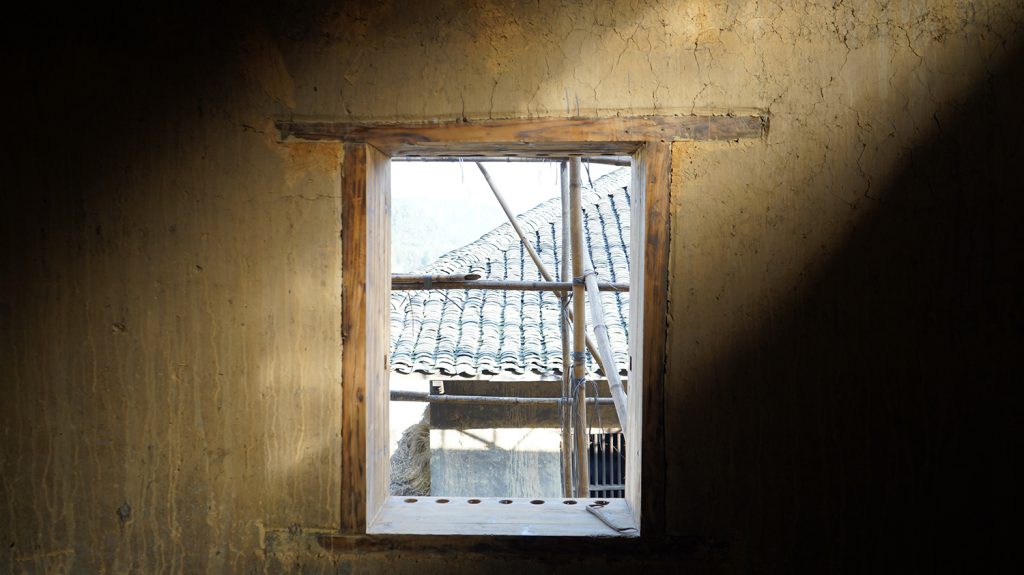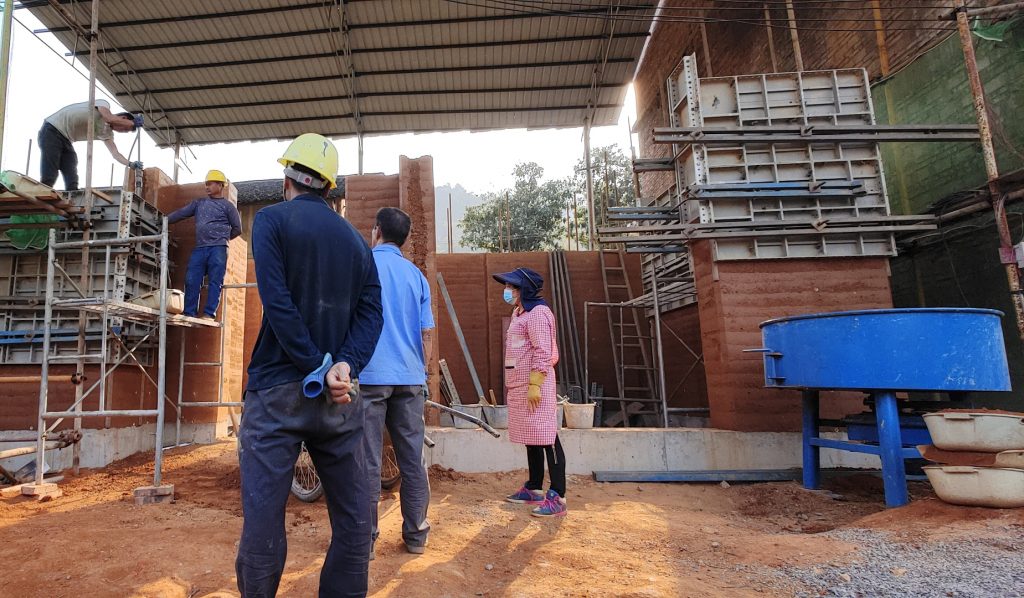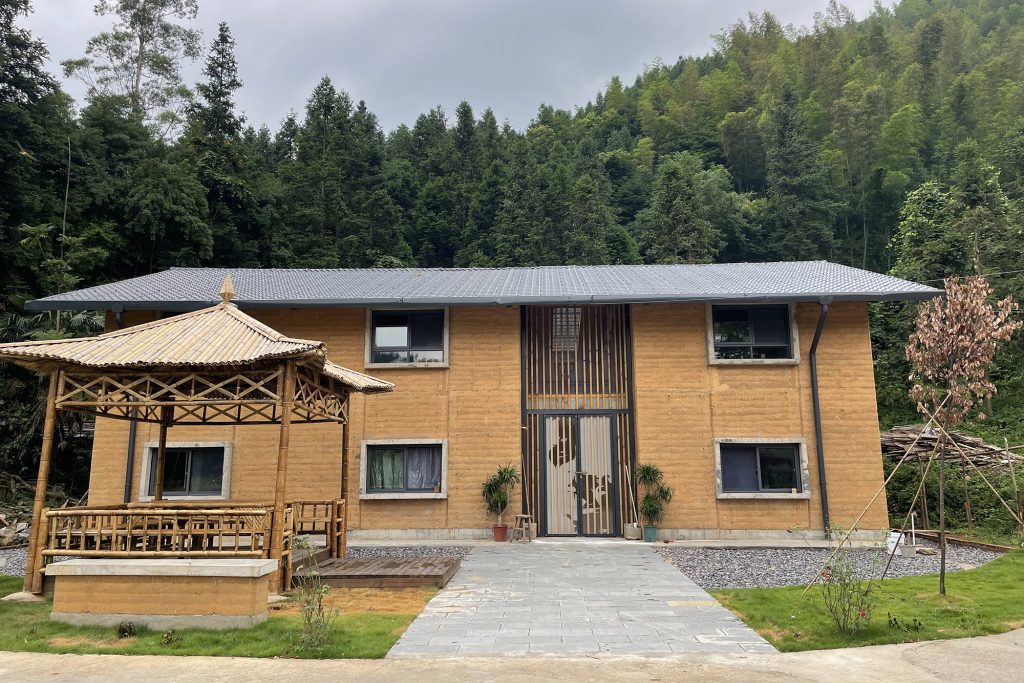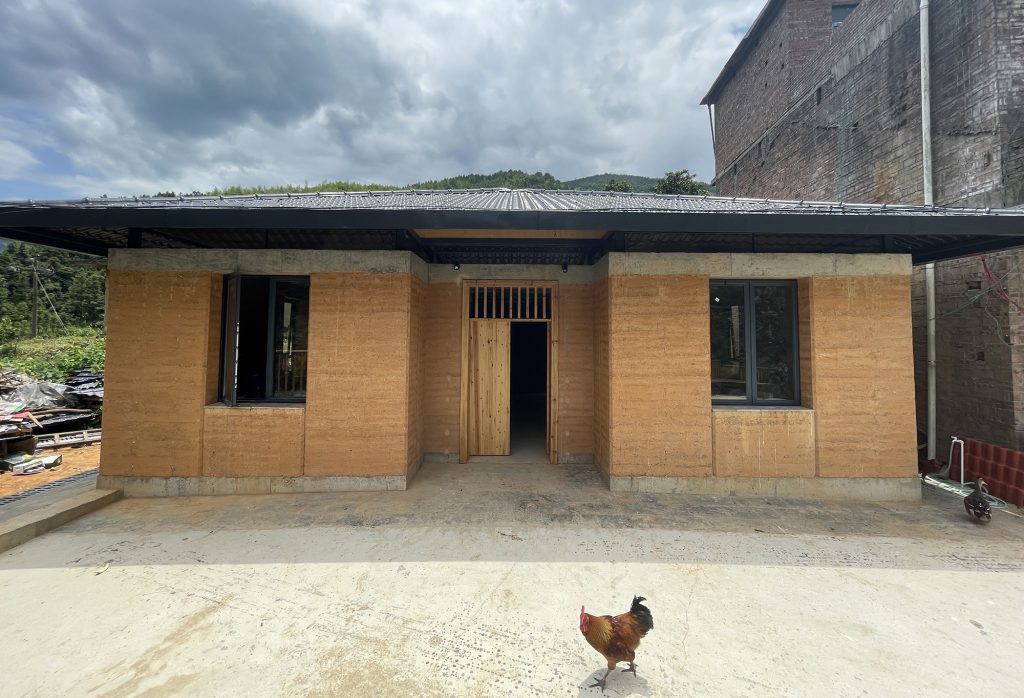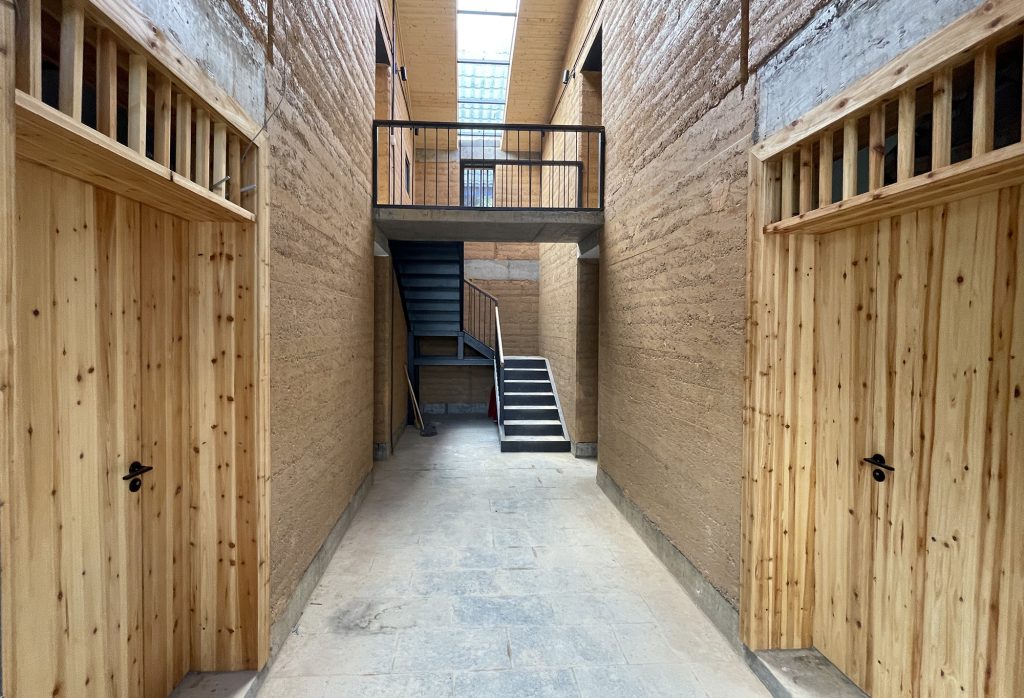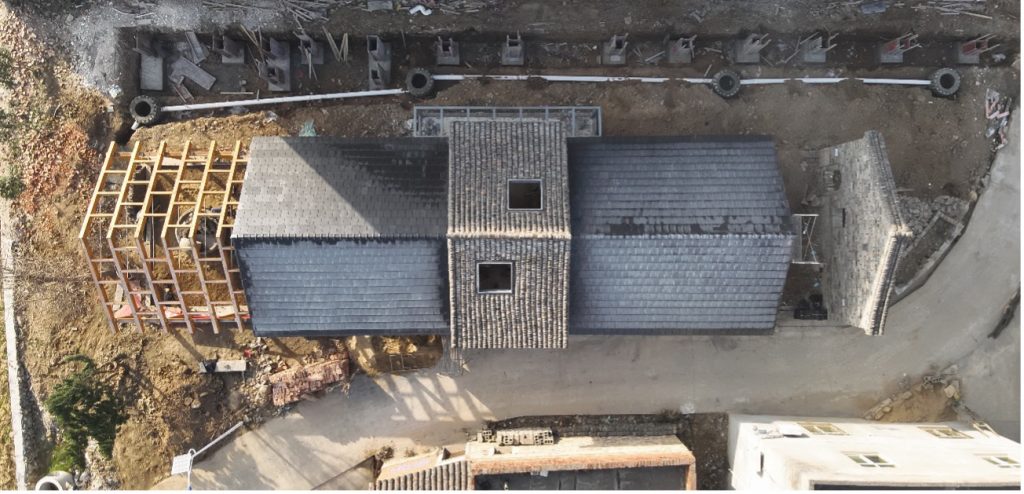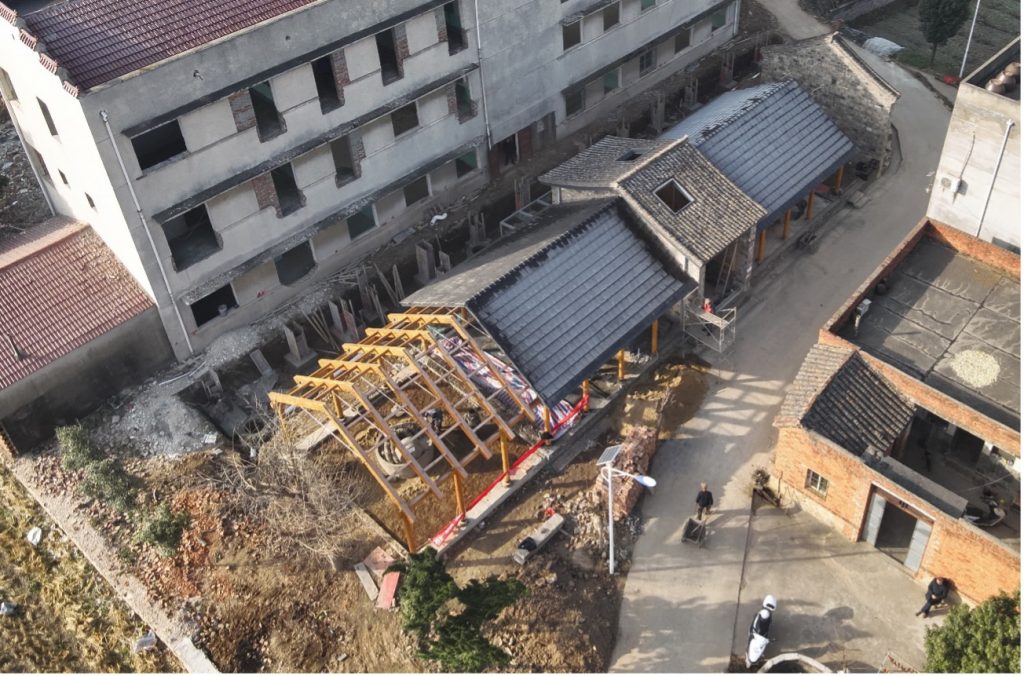Sustainable Rural Development Project
Location
Hunan, Hubei
Partner

Sustainable Development Goals

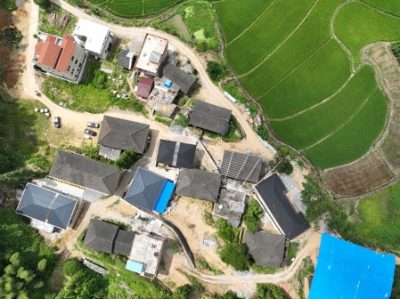
In response to the national rural revitalization strategy and to explore the low-carbon living model in the countryside, the Fund, together with a team of teachers and students from China Agricultural University, has launched the Sustainable Rural Development Project. The project has selected demonstration construction sites in Hunan and Hubei provinces, adhering to the principles of localization, local materials, and low-carbon sustainability, starting with the repair and renovation of heritage houses and residential dwellings, and gradually integrating social resources to promote rural development.
At the same time, the Fund has set up a rural revitalization scholarship at the China Agricultural University, aiming to support colleges and universities to cultivate professionals in the field of rural development and to guide and encourage more professionals to devote themselves to the constructions of rural development.
Updates
Sustainable Rural Development Project in Ningyuan County, Yongzhou City, Hunan Province
Location: Donggua chong Village, Ningyuan County, Yongzhou City, Hunan Province
Traditional villages in Ningyuan County have preserved a large number of traditional rammed earth dwellings, but in the rapid urbanization of the countryside, many houses are decaying and collapsing to varying degrees, and the villages are “hollowing out” due to the out-migration of laborers.
With the support of the local government, this project aims to integrate university and social resources to restore traditional rammed earth houses in a low-carbon and environmentally friendly way, hoping not only to alleviate the housing difficulties of the village residents, but also to explore the feasibility of a low-carbon rural development model based on the traditional rammed earth communities.
The latest progress of the project: In the first phase, a total of 7 houses were constructed (including renovations and new constructions).Additionally, the fund team collaborated with the local villagers to ingeniously utilize the abundant bamboo resources in the area, creating charming facilities such as the pavilion.
News
宁远新闻网:宁远:土楼逢春花正艳 (Chinese version only)
永川新闻联播:(乡村振兴看永州)宁远冬瓜冲村:土楼逢春花正艳(Chinese version only)
Xiongfan Village History Museum Renovation Project
Location: Xiongfan Village, Huangzhan Town, Dawu County, Xiaogan City, Hubei Province
As the fourth batch of “Liveable Villages” in Hubei Province and the fifth batch of traditional villages in China, the history of Xiongfan Village can be traced back to the Ming and Qing dynasties. The local dwellings are typical of northern Hubei style, and a relatively complete group of ancient dwelling buildings is still preserved. However, with the out-migration of the village population in recent years, the history of the village has been gradually diluted and the traditional buildings have gradually fallen into disrepair, therefore, conservation work is imminent.
With the support of the local government and relevant departments, this project is based on the old site of the People’s Commune. And the original building will be transformed into the Xiongfan Village History Museum, which will showcase the history and traditional characteristics of the village and serve as a model to promote the revitalization of traditional villages.
The latest progress of the project: The project has been completed in the first quarter of 2023.
"Chong Nong Shang Mei" Mun Chung Rural Revitalization Scholarship
The purpose of this grant is to support the China Agricultural University to cultivate relevant professional talents around the rural revitalization strategy, to raise the attention of young talents to rural construction, and to guide and encourage more professional talents to work in rural areas. The scholarships include: undergraduate/graduate scholarship, academic/international exchange fund, science and technology innovation and competition fund, research fund for doctoral training and postdoctoral training fund.

